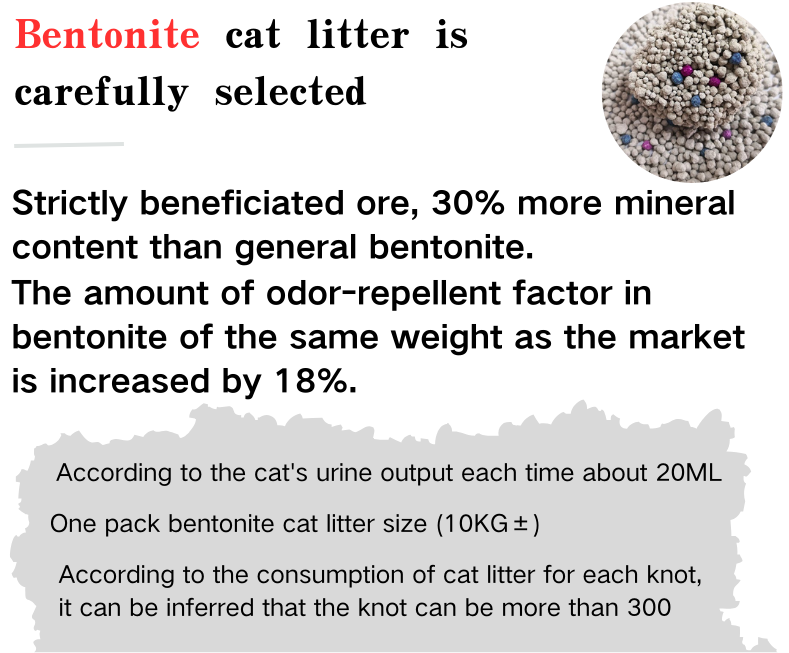
iron ore meaning
Understanding Iron Ore Its Significance and Role in Industry
Iron ore is a crucial raw material in the production of iron and steel, which are among the most widely used metals in the world. It consists of minerals from which iron can be extracted, typically found in mined deposits globally. The primary iron ores include hematite (Fe₂O₃) and magnetite (Fe₃O₄), with varying iron content levels that affect their uses and economic value.
The significance of iron ore in the economy cannot be overstated. Iron, which is extracted from iron ore, serves as the backbone of the construction industry. Buildings, bridges, vehicles, and various machinery rely heavily on steel, which is an alloy made primarily from iron. The strong demand for steel, driven by urbanization and industrialization, places iron ore at the center of the global manufacturing supply chain.
The Mining Process
Extracting iron ore involves several steps, beginning with exploration and aiming to identify viable deposits. Once a mine is established, the ore is extracted, typically using surface mining methods, which are more cost-effective, especially when the deposits are located close to the surface. After extraction, the ore undergoes processing to increase its iron content. Beneficiation methods such as crushing, grinding, and separation are employed to produce concentrated iron ore suitable for the metallurgical industry.
Global Supply and Demand Dynamics
Iron ore production is dominated by a few key players, with countries like Australia and Brazil leading in exports. The global market for iron ore is influenced by a variety of factors, including economic growth rates, particularly in developing nations. China, as the largest consumer of iron ore, significantly affects global prices; its industrial growth drives demand for steel, thereby increasing the need for iron ore.
iron ore meaning

The fluctuating prices of iron ore are a reflection of changing supply and demand dynamics. Factors such as geopolitical tensions, changes in government policies regarding mining and trade, and the rise of alternative materials can influence the market. Additionally, preferences for high-grade iron ore are increasingly common due to the steel industry's move towards more sustainable practices, prompting mining companies to adapt their operations and concentrate on higher-quality products.
Environmental Concerns
The extraction and processing of iron ore pose environmental challenges. Mining activities can lead to deforestation, loss of biodiversity, and pollution of water bodies. Moreover, the steel production process contributes to significant greenhouse gas emissions, prompting the industry to explore greener technologies. Innovations such as hydrogen-based steelmaking and recycling of scrap metal are gaining traction, as they promise to reduce the carbon footprint associated with iron ore utilization.
The transition towards sustainability in the iron ore sector is not just a regulatory requirement but also a response to growing consumer demand for greener products. Industries and companies that prioritize eco-friendly practices not only cater to regulatory standards but also appeal to environmentally conscious consumers, opening new avenues for business and market competitiveness.
Conclusion
Iron ore, while often overlooked in its raw form, is a vital component of modern society. Its role in steel production underpins many aspects of industrial activity and infrastructure development. As global dynamics shift towards sustainability and environmental responsibility, the iron ore industry must evolve in response. Understanding the value of iron ore extends beyond its economic significance; it intertwines with environmental stewardship and the future of manufacturing processes, illustrating its multifaceted importance in our world.
Share
-
Premium Talcum Powder Enhanced with GPT-4 Turbo | Soft & Long-LastingNewsAug.02,2025
-
Fly Ash Solutions Enhanced by GPT-4 Turbo | Sustainable InnovationNewsAug.01,2025
-
Natural Premium Bentonite Cat Litter - Superior ClumpingNewsJul.31,2025
-
Premium Resin Coated Sand - High Heat Resistance CastingNewsJul.31,2025
-
High Quality Silicon Carbide Grit for Abrasive ApplicationsNewsJul.30,2025
-
High-Quality Ceramsite for Plants & Gardening | Lightweight PebblesNewsJul.29,2025






